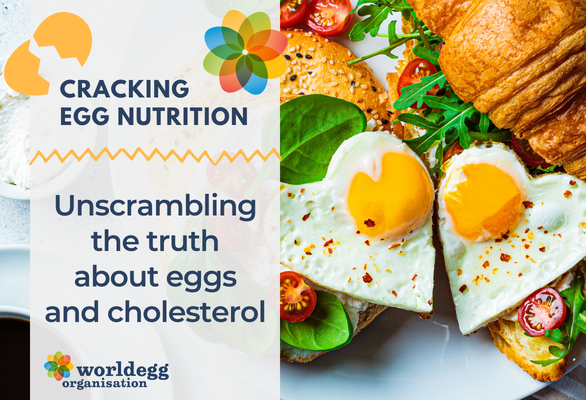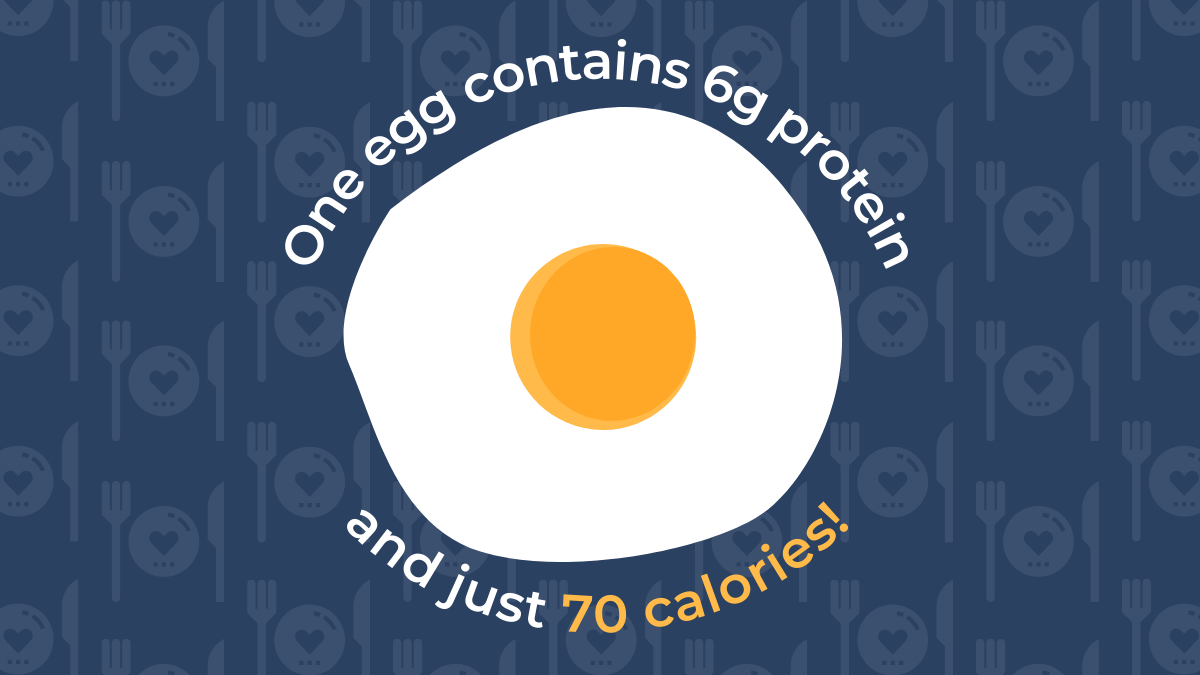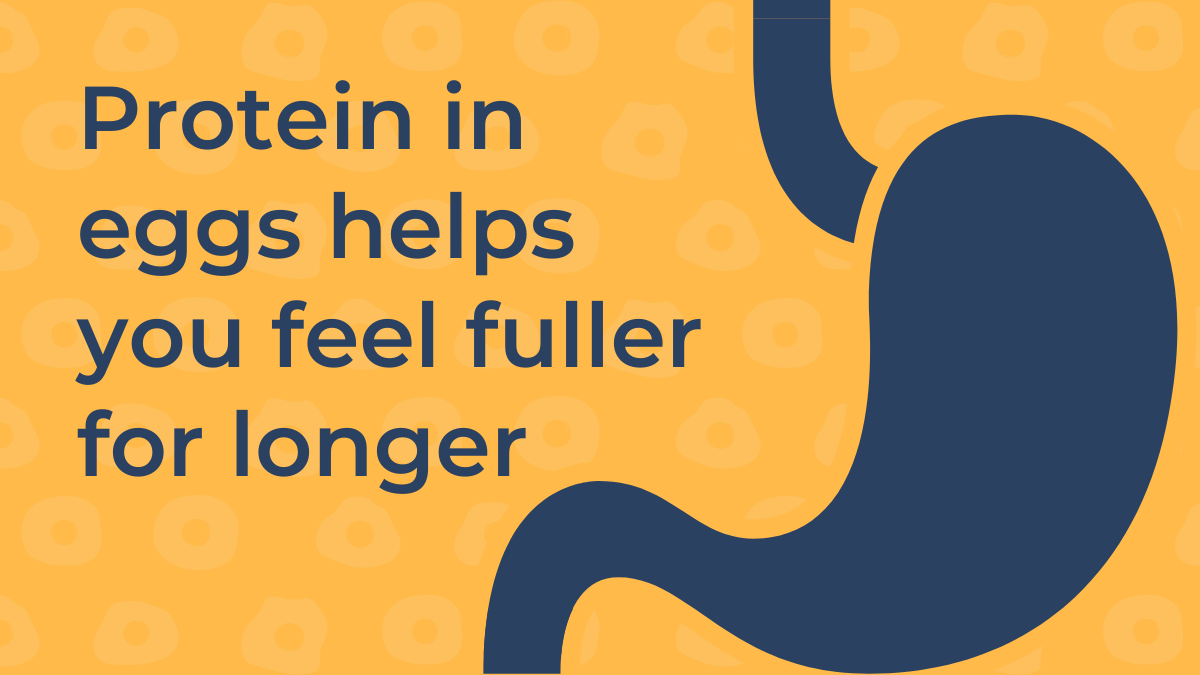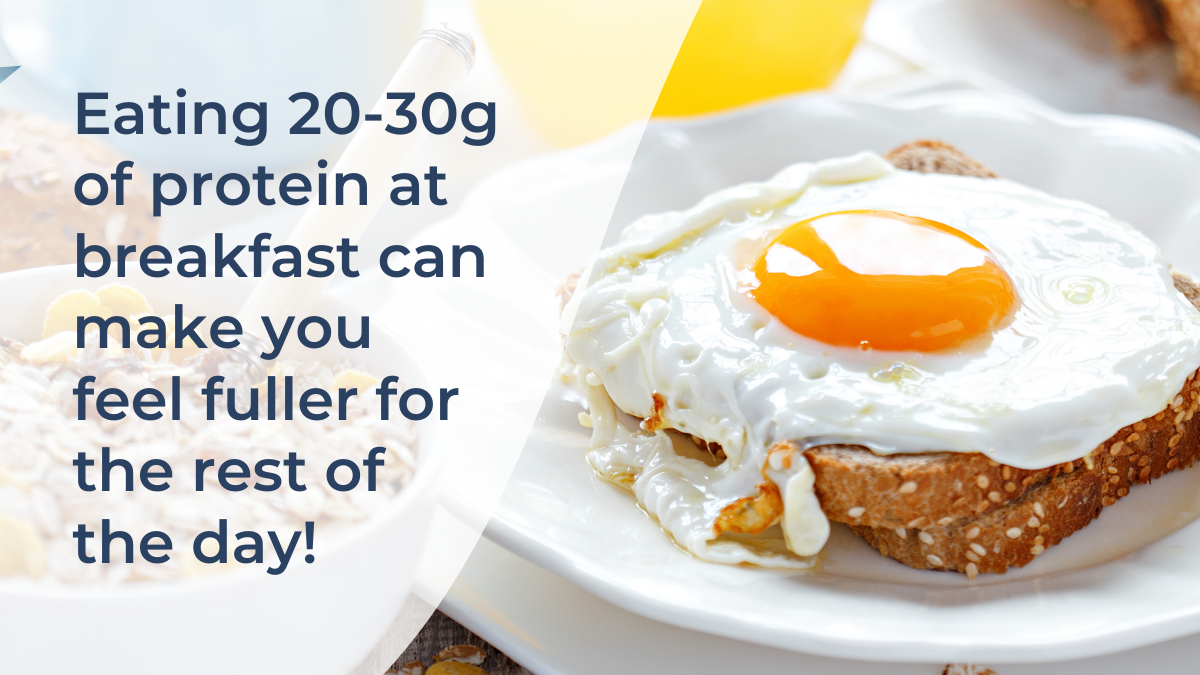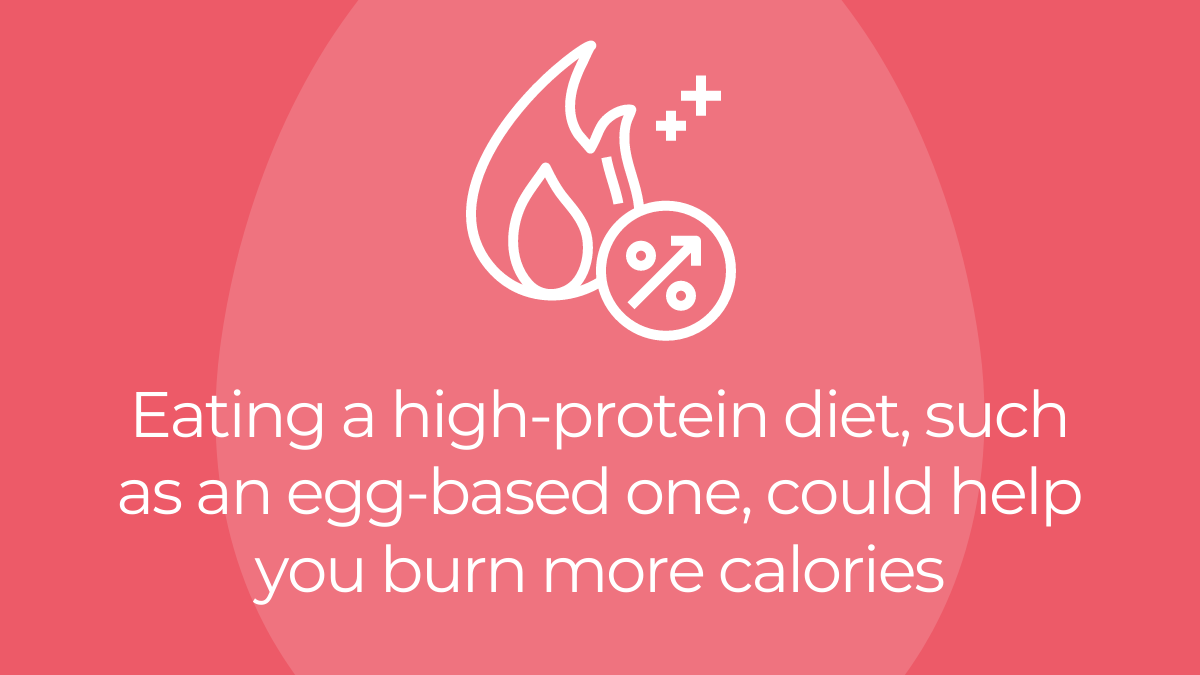Cracking Egg Nutrition: An egg-ceptional ally for weight management
Worldwide, obesity has nearly tripled since 1975, and now more than 39% of adults over the age of 18 are overweight or obese1. Many people find it difficult to achieve and maintain a healthy weight, while continuing to eat a balanced diet that contains all the nutrients the body needs.
If you are searching for the secret to weight management, we think we might have cracked it! Eggs have a valuable role to play in maintaining a healthy weight and a balanced diet.
Low in calories
Eggs provide 13 essential nutrients and vitamins, as well as 6 grams of protein2. Along with all this nutritious goodness, one large egg contains just 70 calories.
“Calorie content of foods is a highly important factor in determining the contribution of a food to weight management”, explains Dr Nikhil Dhurandhar, member of the International Egg Nutrition Centre’s (IENC) Global Egg Nutrition Expert Group and Chairperson and Professor at the Department of Nutritional Sciences at Texas Tech University, USA.
With eggs, you can access many of the essential nutrients your body needs, without overloading on calorie content.
High in protein
As well as being low in calories, eggs are packed with high-quality protein, helping you feel fuller for longer.
While there are many approaches to weight management, keeping hunger under control can be a huge help. Foods that contain high levels of protein have been proven to reduce appetite and increase fullness compared with carbohydrate or fat-dense foods (despite containing the same number of calories!)3–8.
“Satiation is a feeling of fullness that can help cease eating a meal at a given time.” Explains Dr Dhurandhar: “Satiety is the duration through which that feeling lasts, until the next meal.”
“To measure satiety we often use objective measurements, where we record blood levels of hunger hormones or fullness hormones before and after a meal. These are compared between, or within, individuals, to determine response to a particular meal.”
In the case of protein-rich food sources (like eggs), the evidence shows greater responses from the fullness hormones. As a result, eggs score highly on a scale called the satiety index9.
Studies have repeatedly shown that egg meals, especially when paired with a source of fibre, promote feelings of fullness and reduce food intake during later meals compared with other meals with the same calorie content5–8.
Therefore, the power of protein in eggs can help people improve their weight management.
Ideal for breakfast
Due to their high satiety, eggs may be especially helpful for weight management when consumed at breakfast time.
“Intake of meals containing substantial amounts of protein (20 – 30g) tend to induce and maintain satiety for some time, empowering a person to reduce food intake during that time.” Dr Dhurandhar clarifies.
“Eating these kinds of meals earlier in the day can offer the “satiety protection” or what I refer to as “protein shield” during the part of a day when one is likely to be exposed to eating a variety of foods.
Metabolic rate
Eggs can also help boost your metabolism through a process called the thermic effect of food: “Eating protein-rich foods can stimulate metabolism in the short term to a greater extent than those rich in carbohydrates or fats, due to the greater amount of energy required by the body to process foods rich in protein.”
In fact, according to the findings of a 2014 study, protein increases a person’s metabolic rate by 15-30%10!
We have cracked it
Dr Dhurandhar summarises why eggs are a natural ally to weight management: “They are relatively low in calories but nutrient-dense, and a good source of excellent-quality protein.”
The key is to eat your eggs as part of a healthy, balanced diet, along with other nutrient-rich foods, like vegetables and whole grains, to access all their goodness and more easily manage your weight.
References
10 Pesta D, & Samuel, V (2014)
Promote the power of the egg!
To help you promote the nutritional power of the egg, the IEC has developed a downloadable industry toolkit, including key messages, a range of sample social media posts, and matching graphics for Instagram, Twitter and Facebook.
Download the industry toolkit (English)
Download the industry toolkit (Spanish)About Dr Nikhil Dhurandhar
 Dr Nikhil Dhurandhar is a member of the International Egg Nutrition Centre’s (IENC) Global Egg Nutrition Expert Group and Chairperson and Professor at the Department of Nutritional Sciences at Texas Tech University, USA. As a physician and nutritional biochemist, he has been involved with obesity treatment and research for 35 years. His research focuses on molecular biological aspects of obesity and diabetes in particular, obesity due to viruses, and clinical treatment of obesity. He has conducted numerous clinical studies to examine the effect of drugs as well as foods such as breakfast cereals or eggs, on obesity, satiety and various metabolic parameters. His pioneering studies demonstrated the role of eggs in inducing satiety and weight loss.
Dr Nikhil Dhurandhar is a member of the International Egg Nutrition Centre’s (IENC) Global Egg Nutrition Expert Group and Chairperson and Professor at the Department of Nutritional Sciences at Texas Tech University, USA. As a physician and nutritional biochemist, he has been involved with obesity treatment and research for 35 years. His research focuses on molecular biological aspects of obesity and diabetes in particular, obesity due to viruses, and clinical treatment of obesity. He has conducted numerous clinical studies to examine the effect of drugs as well as foods such as breakfast cereals or eggs, on obesity, satiety and various metabolic parameters. His pioneering studies demonstrated the role of eggs in inducing satiety and weight loss.
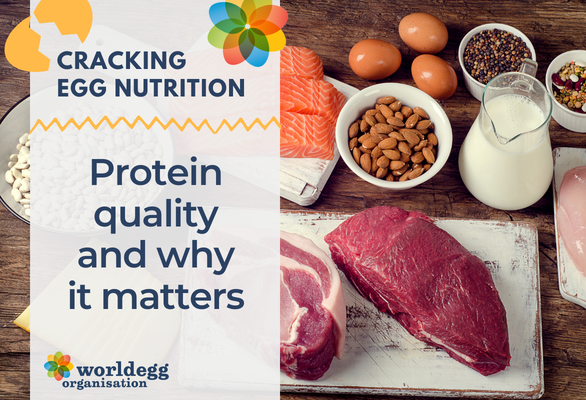
Protein quality and why it matters
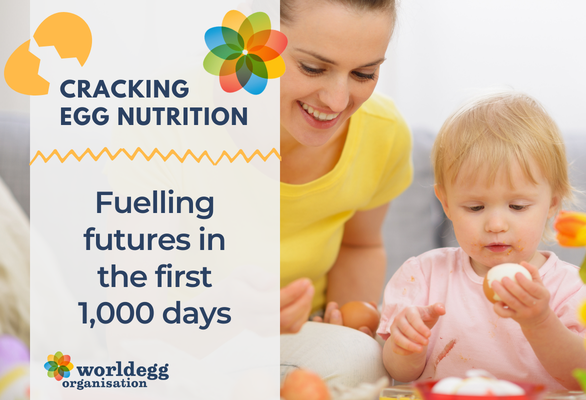
Fuelling futures in the first 1,000 days
